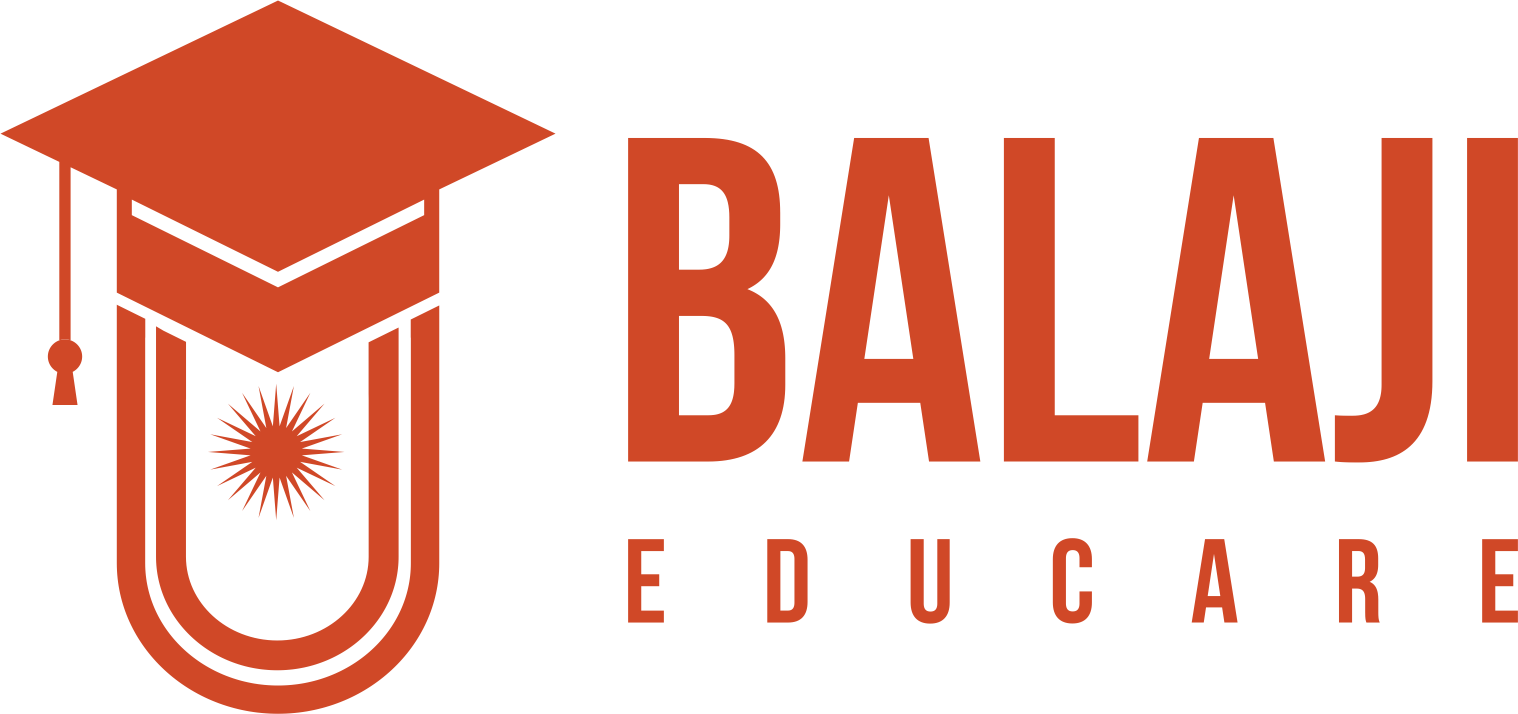CFA Level 1 Powerful Prep Strategy: Month-by-Month Plan
Preparing for the CFA Level 1 exam is no small feat. It’s the first milestone in the globally respected Chartered Financial Analyst (CFA) program and lays the foundation for advanced financial knowledge. Due to its breadth, depth, and time commitment, the exam demands a solid, well-planned strategy—especially for students or working professionals balancing multiple priorities. A month-by-month preparation plan can transform stress into confidence and make the journey more manageable.

CFA Level 1 Exam Format & Syllabus Overview
Understanding the structure of the CFA Level 1 exam is the first step to planning. The exam is conducted online and consists of two 135-minute sessions with a total of 180 multiple-choice questions. Each session contains 90 questions covering all topics.
The curriculum is divided into 10 topic areas:
- Ethics and Professional Standards
- Quantitative Methods
- Economics
- Financial Reporting and Analysis
- Corporate Finance
- Equity Investments
- Fixed Income
- Derivatives
- Alternative Investments
- Portfolio Management
Ethics, Financial Reporting, and Quantitative Methods carry the highest weightage—making them essential focus areas in any CFA Level 1 study plan.
Creating a CFA Level 1 Study Timeline
The CFA Institute recommends around 300 hours of study for the CFA Level 1 exam. This means studying approximately 12–15 hours per week over 6 months. Here’s a high-level strategy:
- Months 1–2: Focus on understanding core concepts
- Months 3–4: Strengthen critical areas and attempt topic-wise practice
- Month 5: Start solving full-length mock exams
- Month 6: Review weak areas, revise flashcards, and practice more mocks
A monthly plan ensures better retention and avoids last-minute cramming.
Month 1–2: Building Conceptual Foundations
During the first two months, candidates should focus on building strong fundamentals in the key CFA Level 1 subjects:
- Ethics: Read the CFA Institute’s Ethics handbook; it’s not just theory—it’s tested with scenario-based questions.
- Quantitative Methods: Cover time value of money, probability, and statistics.
- Financial Reporting and Analysis (FRA): Learn about income statements, balance sheets, and cash flows.
These subjects form the backbone of the exam. Use video lectures, topic-wise questions, and keep a notebook of important formulas.
Month 3–4: Strengthening Core CFA Level 1 Topics
With the basics covered, the next two months are about digging deeper into the CFA curriculum:
- Economics: Focus on micro and macroeconomic principles, currency exchange, and monetary policy.
- Corporate Finance: Understand capital budgeting, cost of capital, and working capital management.
- Portfolio Management: Learn the basics of diversification, risk/return tradeoffs, and the portfolio management process.
Also, revisit Ethics weekly to keep it fresh in your memory.
Month 5: Practice Questions & Mock Exams Begin
By month five, candidates should start intensive practice. This month is dedicated to:
- Solving full-length CFA Level 1 mock exams under timed conditions
- Reviewing performance analytics to spot weak areas
- Taking topic-wise tests for reinforcement
- Creating a formula sheet for final revision
Mock exams are the best way to get comfortable with the exam’s pace and pressure.
Month 6: Revision, Flashcards & Final Mocks
The final month is for fine-tuning. Activities to focus on:
- Revision: Go over each topic quickly but thoroughly. Use summary notes.
- Flashcards: Perfect for recalling definitions, formulas, and processes.
- Mocks: Take 2–3 more full-length mocks and analyze each thoroughly.
Don’t try to learn new concepts at this stage—revise and refine what you already know.
Common Mistakes CFA Level 1 Candidates Should Avoid
Even well-prepared candidates can stumble due to avoidable errors. Here are common pitfalls:
- Ignoring Ethics: Ethics is a tie-breaker and heavily weighted. Review it regularly.
- Not Practicing Enough MCQs: The exam is application-heavy. The more questions you solve, the better.
- Skipping Topics: Every topic has some weightage. Skipping even one could cost you.
- Cramming Too Late: CFA isn’t about memorization—it’s about understanding.
Awareness of these mistakes can significantly improve your chances.
Bonus Tips to Stay Consistent & Motivated
Consistency is key to clearing CFA Level 1. Here are some tried-and-true tips:
- Stick to a routine: Study at the same time each day to build habit.
- Join a study group: Peer support keeps you accountable and helps clarify doubts.
- Use a planner: Break down goals into weekly targets.
- Take breaks: Balance is crucial. Don’t burn out.
Reward yourself for small wins—it keeps motivation high.
Final Thoughts: Your CFA Level 1 Success Strategy
Cracking the CFA Level 1 exam is a rewarding but demanding journey. With the right strategy, tools, and mindset, success is well within reach. A month-by-month plan offers structure, keeps stress at bay, and increases your chances of clearing the exam on the first attempt.
If you’re looking for expert guidance, personalized study plans, and access to premium learning resources, Balaji Educare is here to help.
Visit Balaji Educare and take the first confident step toward your CFA charter today!

